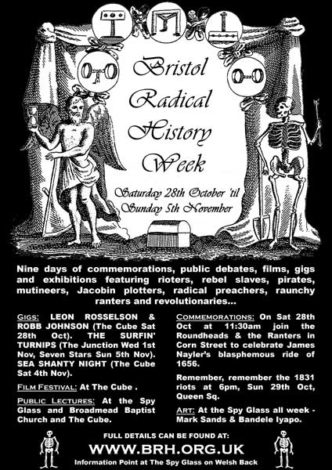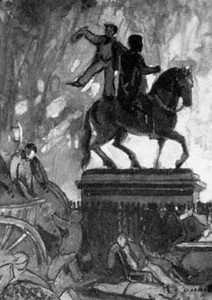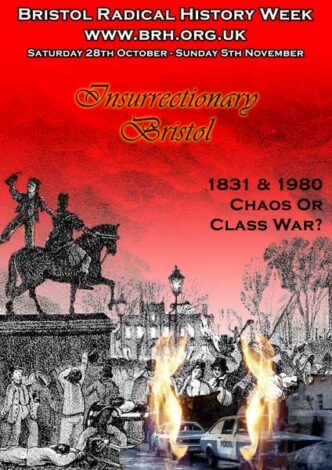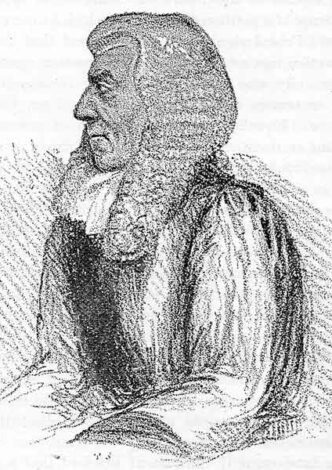1831 Uprising Commermoration
Celebrate the popular revolt that shocked the British ruling classes into democratic reform. Join the 'mob' waving flaming brands and listen to fiery speeches as we remember the hundreds of Bristol rebels who changed the course of history. Dress : Bawdy Attitude : Raucous





